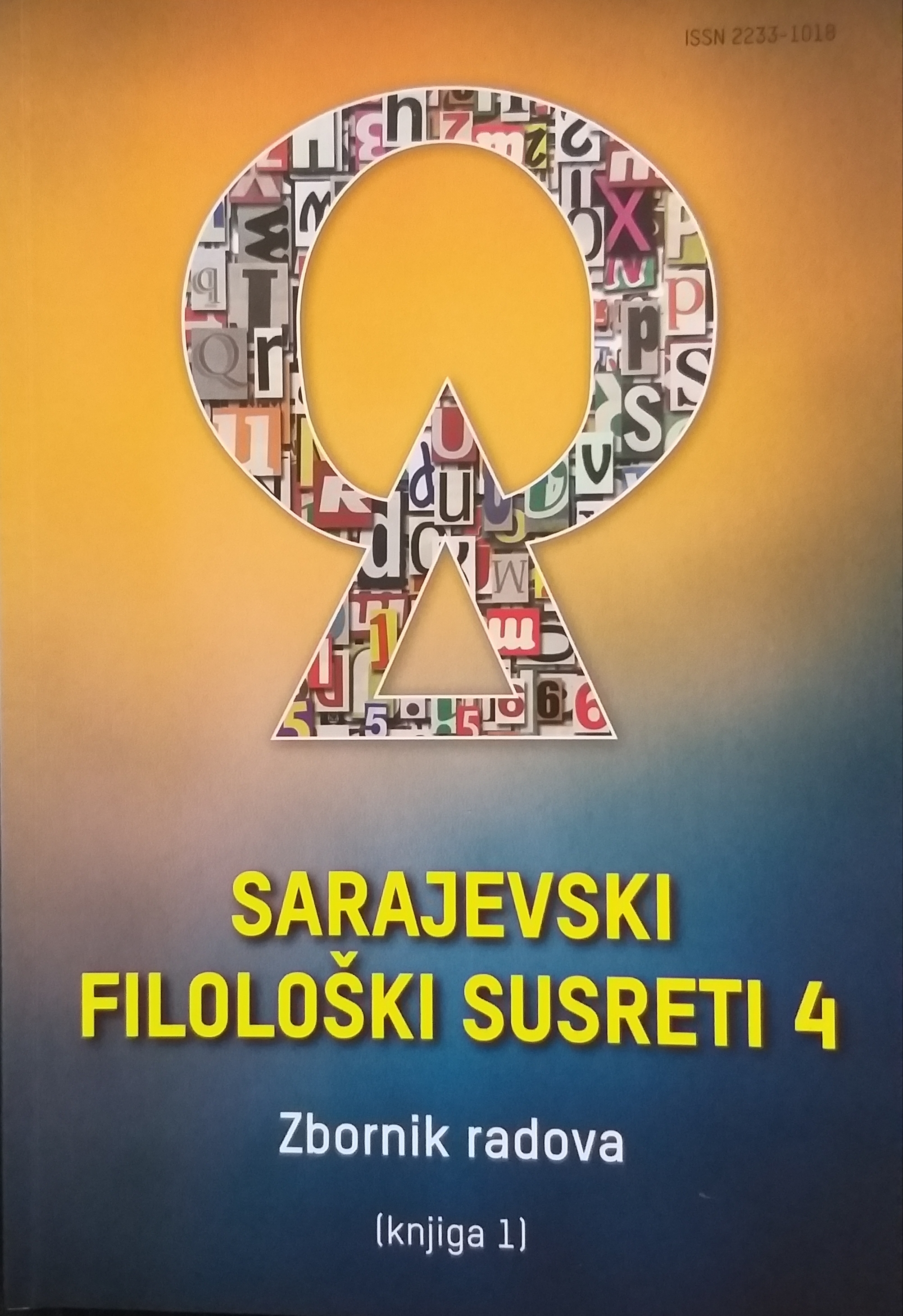Jezik i kulturni kontekst na primjerima iz žargona
Language and cultural context exemplified by slang
Author(s): Alma SokolijaSubject(s): Lexis, Sociolinguistics, South Slavic Languages
Published by: Bosansko filološko društvo
Keywords: slang; Sapir-Whorf’s hypothesis; linguistic relativism; linguistic uniformisation; the untranslatable; lexical holes; Anglicisms; borrowings;
Summary/Abstract: This paper deals with the subject of language and cultural context based on examples from French and Bosnian jargons. This discussion is based on the Sapir-Whorf hypothesis about linguistic relativity implying that our way of thinking is conditioned by language, resulting in important differences on the lexical and semantic levels and also on the level of the linguistic structure. Applying this argument and also the hypothesis about the general uniformization of languages (Hagège 2012) because of the supremacy of English in the world, this paper strives to show how these claims manifest themselves in slang and language in general. After a brief review of specificities in languages and following a section on some characteristics of slang, special attention is paid to the problems of the untranslatability of some slang expressions as well as to the lexical holes of these sociolects which owe their specificity to cultural, historical and socio-economic causes. In conclusion, we juxtapose and compare the antagonistic features of languages which enable them able to develop in their own way.
Journal: Sarajevski filološki susreti: zbornik radova
- Issue Year: 4/2018
- Issue No: 1
- Page Range: 166-181
- Page Count: 16
- Language: Bosnian

